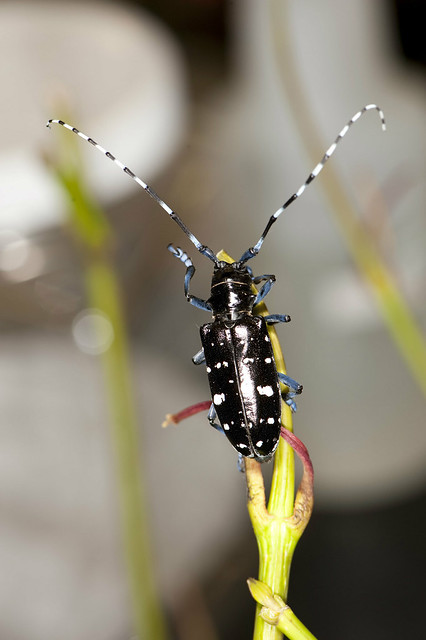
Did you know the United Nations (UN), with the United States as one of 90 co-sponsors, named 2020 the International Year of Plant Health?
Plant pests like insects, fungi, and viruses can devastate crop yields and negatively impact trade. Farmers are not only losing their crops, but also the resources they have put into raising crops that never get to harvest. Invasive pests such as the Asian longhorned beetle and the imported fire ant cost the U.S. an estimated $120 billion each year in damages to our environment, agriculture, and native species.
We need scientific research to understand what the threats are, where they are, and what we can do about them. With transboundary problems – those that cross national borders – international research collaboration is critical to identifying solutions.
This month, Dr. Chavonda Jacobs-Young, USDA’s Acting Chief Scientist, and Dr. Scott Hutchins, USDA’s Deputy Under Secretary for Research, Education, and Economics, led the U.S. delegation to the 2019 Group of 20 (G20) Meeting of Agricultural Chief Scientists (MACS) held in Tokyo, Japan. This annual meeting brings together agricultural research leaders from the twenty largest global economies to share ideas and deliberate on shared priorities.
The 2019 MACS took on the topic of “Transboundary Plant Pests.” Presentations from national agricultural research institutes and international research groups spurred discussion of what national research programs can contribute to stopping these destructive pests. The MACS considered new opportunities and also called attention to a valuable existing mechanism: the International Plant Protection Convention (IPPC)’s electronic phytosanitary certification (ePhyto). The MACS supported ePhyto as a technological solution that can help minimize the spread of transboundary plant pests and rapidly respond to identified issues.
By strengthening our international research collaborations, and identifying new strategic opportunities, we can fight plant pests and support the ambitions of the International Year of Plant Health.
